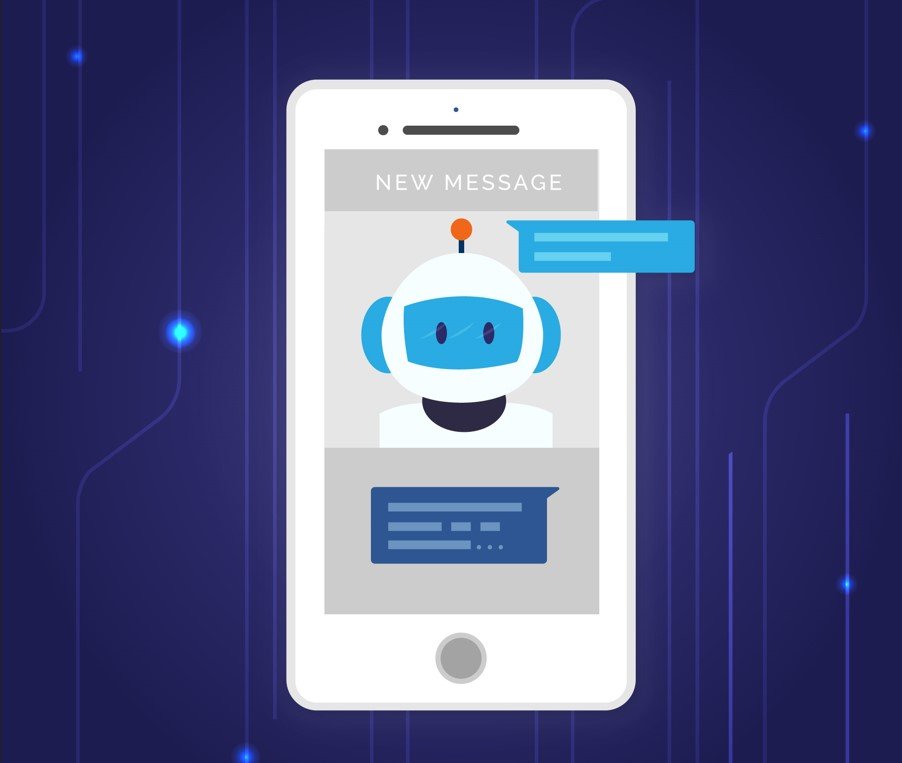Table of Contents
Introduction
Thus, for the past 10 years and particularly in the last 2 years, ai mobile app development has progressed Thus, for the past 10 years — and particularly in the last 2 years — AI mobile app development has progressed from simple utility applications to complex platforms that satisfy millions of users every day.
In this competitive backdrop, user expectations have risen sharply. They seek personal attention, want their apps to be highly responsive, and demand a seamless experience within the shortest time.
This surge in demand has fueled AI app development — and rightly so. It not only changes the way apps are created but also transforms the entire concept of what applications can achieve.
AI app development is no longer a dream; it is here to stay, shaping user experience across industries such as healthcare, finance, e-commerce, and entertainment.
AI-powered mobile apps give developers an edge by making applications smarter, more intuitive, and more responsive to user behavior in everyday life.
The Evolution of Mobile Apps and the Role of AI
Mobile applications were initially static tools–calculators, calendars, or simple games. But cloud computing, big data, and smartphones have allowed apps to be more interactive and connected. Even then, they were largely reactive, waiting for users to input commands.
Today, app development is driven by AI far beyond the bounds of that reactive model. With AI, apps gain the ability to learn user behavior, adjust to user preferences, and anticipate user needs. AI is quietly engaged in making mobile apps a more intelligent and personalized user experience-whether Netflix is suggesting your next binge or a fitness app is customizing your workouts.AI is reshaping how mobile apps are built. According to the Google AI Blog, intelligent features such as personalization and predictive responses are becoming the new standard in user-focused applications.
Smart Features Powered by AI in Mobile App Development
Modern AI mobile app development encompasses a plethora of intelligent features, including:
- Personalized Recommendations: By employing AI algorithms for analyzing user data, relevant recommendations are made to stimulate higher engagement and retention.
- Voice Assistants: Tools like Siri and Google Assistant provide hands-free functionality using natural language processing (NLP).
- Predictive Text & Smart Replies: Now, messaging applications such as Gmail offer auto-suggestions based on the content of the message.
- Visual Recognition: Applications such as Snapchat use computer vision for augmented reality filters and face tracking.
- Chatbots & Virtual Support: AI-enabled bots provide instant 24×7 customer service, resulting in better responsiveness and increased user satisfaction.
These features are now anticipated rather than appreciated. This is why AI-supported mobile app development is becoming an industry standard for businesses that want to create extended digital experiences.
Benefits of AI in Mobile Apps
The advantages offered by investments in AI application development are:
- Higher User Engagement: Personalizing content is key to user retention.
- Efficiency and Automation: Scheduling or answering frequently asked questions can be automated, thereby freeing up manpower for more valuable and productive activities.
- Real-Time Data Processing: AI apps can process huge amounts of data simultaneously that give you an opportunity to make better-informed decisions and provide faster services.
- Increased Security: AI systems can detect unusual patterns of behavior and block fraudulent activities in real time.
Challenges in AI-Based App Development
While the benefits are compelling, there are challenges to address:
- Data Privacy: In essence, AI relies on user data whereby developers have to abide by strict government regulations such as GDPR.
- Model Training: Building and refining AI models can be complex and time-consuming.
- Resource Constraints: AI can be very taxing on device storage and battery life, especially with on-device inference models.
Despite these hurdles, the long-term payoff of AI mobile app development continues to make it a worthwhile investment.

The Future of AI-Powered Mobile Apps
The new frontier for AI-driven mobile app development would involve features like real-time emotion detection, hyper-personalized content, and advanced voice interfaces. Low-tech and no-code platforms allow individuals with no programming background to start experimenting with AI app development. This makes the use of intelligent features easy access now.
Conclusion
Artificial intelligence is changing the functionality and experience of mobile apps. From personalization to automation and real-time insights, AI-powered development for apps is no longer an option-it’s a necessity. Sensing a need in its users for smarter, quicker, and more engaging experiences, companies investing in AI-powered mobile app development will be the future valuable ones for the mobile landscape.









